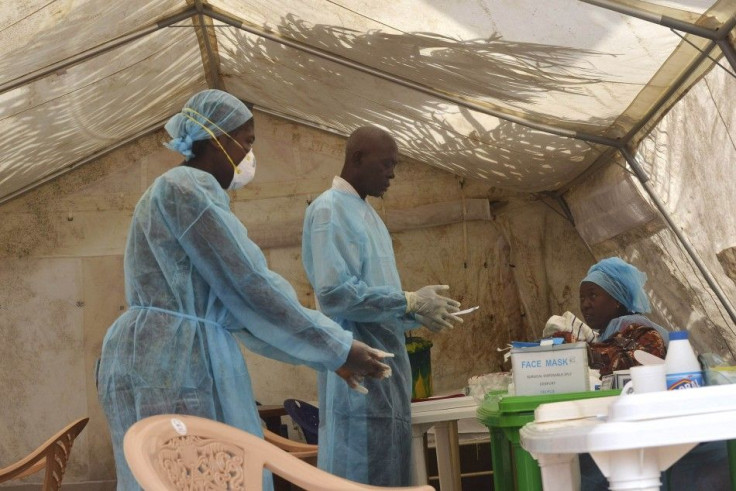Ebola Virus Vaccine Not Coming Soon Enough; Australia and New Zealand Prepare for Possible Outbreak

The spread of the Ebola virus in West Africa has prompted nations around the world to take pre-emptive measures in case of an outbreak. Australian researchers at CSIRO continue to study the deadly virus. They warned a vaccine may not come soon enough to stop the current Ebola outbreak.
Across the Tasman, New Zealand researchers are developing contingency plans to contain the Ebola virus in case it reaches the country from West Africa.
According to virologists the spread of Ebola virus is possible following news of an American passenger. Patrick Sawyer, on a flight to Nigeria contracted the virus. The man was working in West Africa when he showed symptoms of Ebola. After his death, fears have sparked that the virus may have infected other passengers who took the same flight.
Reports said Nigerian authorities have examined only 59 people who had contact with the American passenger. However, officials said they do not know the exact number since the airline refused to give out the names of passengers.
New Zealand virologist Dr Sue Huang from the Institute of Environmental Science and Research (ESR) said Ebola may possibly reach New Zealand. Although air travel between West Africa and New Zealand was low for now, Huang said the "theoretical risk" is always there. She mentioned the flu pandemic in 2009 which originated from Auckland students who came back from Mexico.
She said if an infected traveller reached New Zealand, there was no facility safe enough to isolate the Ebola virus. Huang added that the country only has laboratories with the highest level of physical containment at Level 3+-. To effectively isolate the virus, Level 4 was needed.
However, director of public health Dr Darren Hunt believes Ebola was "very unlikely" to reach the country since travellers will have to get into contact with the body fluids and secretions of those infected.
Glenn Marsh from CSIRO's Australian Animal Health Laboratory told ABC that a vaccine might take time to develop. Scientists are using ferrets to help researchers understand the reason why only the Zaire Ebola virus became deadly to people while other strains did not.




















